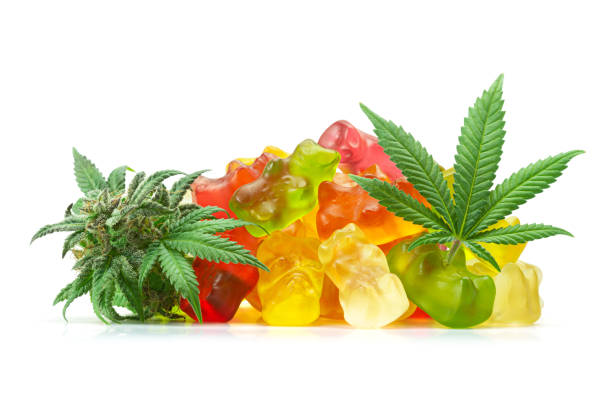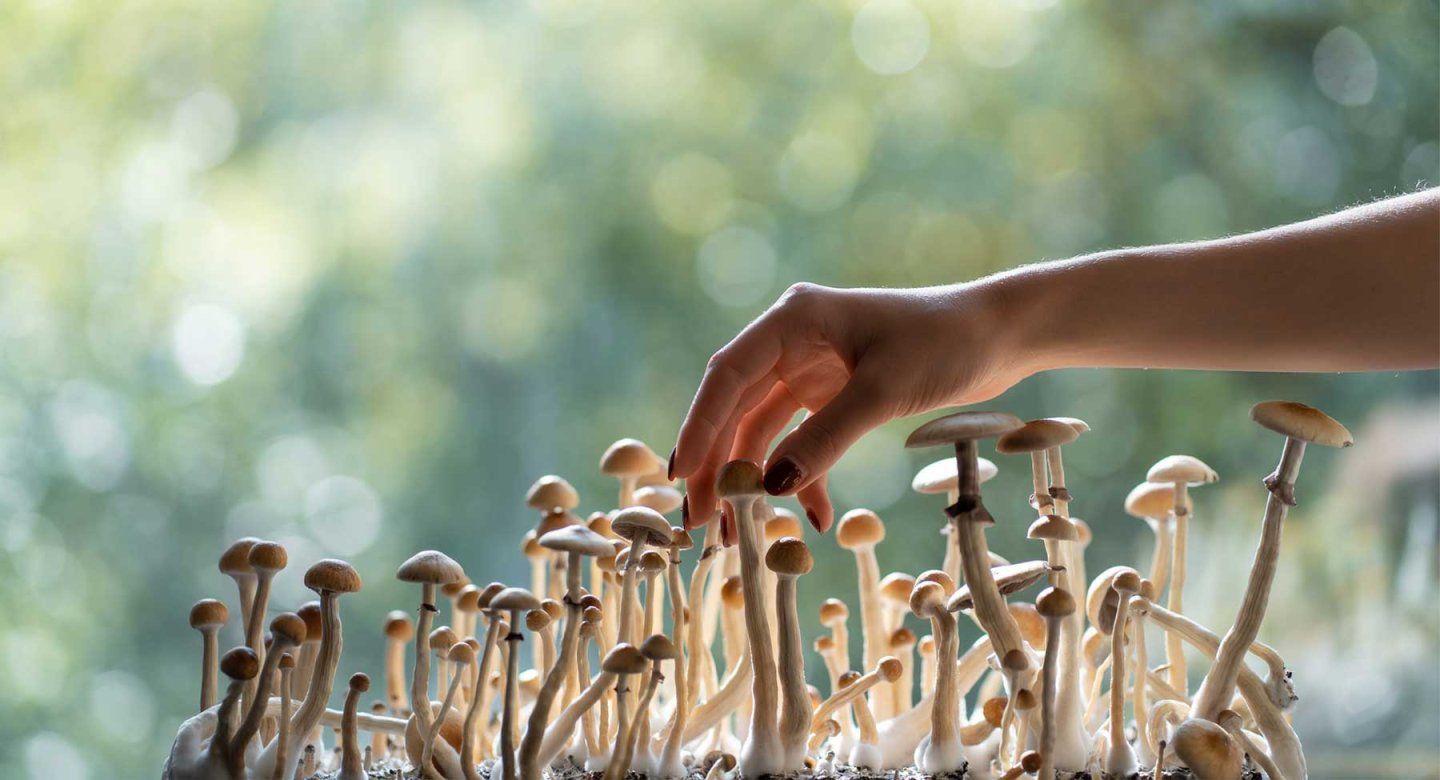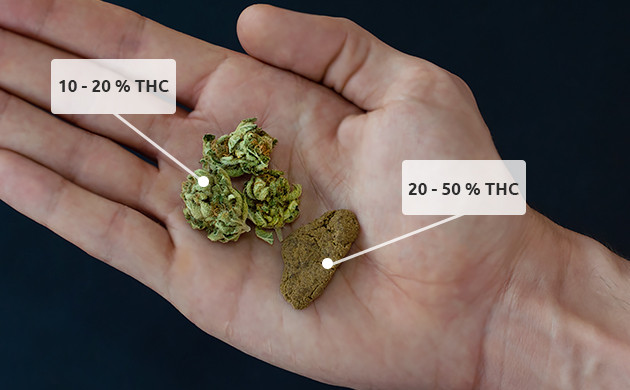
Neuroplasticity and Cannabis: How THC May Rewire Learning Pathways
The human brain is not a static organ. It has the remarkable ability to adapt, reorganize, and form new connections
FREE SHIPPING ON ORDERS OVER $99 | 10 points = $1

The term microdosing has made its way from Silicon Valley circles into mainstream wellness—and for good reason. The practice of taking small, sub-perceptual doses of psychedelics like psilocybin (the active compound in magic mushrooms) has shown promise in boosting mood, sharpening focus, and even improving emotional resilience.
But can something as small as a microdose truly help balance your emotions and make you more mentally adaptable in the face of stress, anxiety, or burnout?
Let’s explore the emerging science, the mechanisms at play, and how microdosing psilocybin may become a modern tool for emotional well-being.
Microdosing involves taking approximately 1/10th to 1/20th of a psychedelic dose—usually around 0.1 to 0.3 grams of dried psilocybin mushrooms. The goal is not to trip, but to experience subtle cognitive, emotional, and energetic shifts while remaining fully functional.
Users typically follow schedules such as:
Though large-scale clinical trials are still limited, early findings and anecdotal reports point to several potential mood-enhancing and resilience-building effects:
Psilocybin, once converted into psilocin in the body, primarily activates the 5-HT2A serotonin receptor—a key player in mood regulation and emotional processing.
Even at microdoses, psilocin’s interaction with these receptors can lead to:
Why it matters: Many people who microdose report feeling less reactive and more emotionally grounded, even in stressful situations.
Studies have shown that psilocybin can promote neurogenesis and neuroplasticity, even at low doses. This means the brain is more capable of:
Think of microdosing as mental stretching—it doesn’t drastically change your state, but it makes emotional flexibility easier.
Microdosing may heighten emotional introspection without overwhelming you. Many users report being able to:
Over time, this leads to greater self-regulation, which is the cornerstone of resilience.
While most microdosing studies are still in early stages, surveys and pilot studies suggest that microdosing psilocybin may help reduce symptoms of:
In many cases, the relief is subtle but sustainable—a gentle lifting of the emotional weight rather than an intense mood shift.
Emotional resilience isn’t just about managing stress—it’s also about having the mental energy to show up and engage with life. Microdosing is often associated with:
This boost helps individuals move from emotional fatigue to a more empowered, proactive state of mind.
While most large-scale clinical studies are still focusing on full-dose psilocybin therapy, microdosing research is catching up:
Still, placebo-controlled, long-term studies are needed to draw stronger conclusions.
While many users report benefits, microdosing is not for everyone. Consider the following:
Microdosing psilocybin may offer a gentle yet powerful way to support emotional balance, resilience, and mental clarity. By enhancing neuroplasticity, calming emotional reactivity, and improving mood regulation, it opens a door to feeling more grounded, curious, and present.

The human brain is not a static organ. It has the remarkable ability to adapt, reorganize, and form new connections

In our fast-paced world, many people accumulate what’s known as sleep debt—a deficit that builds when you consistently sleep fewer